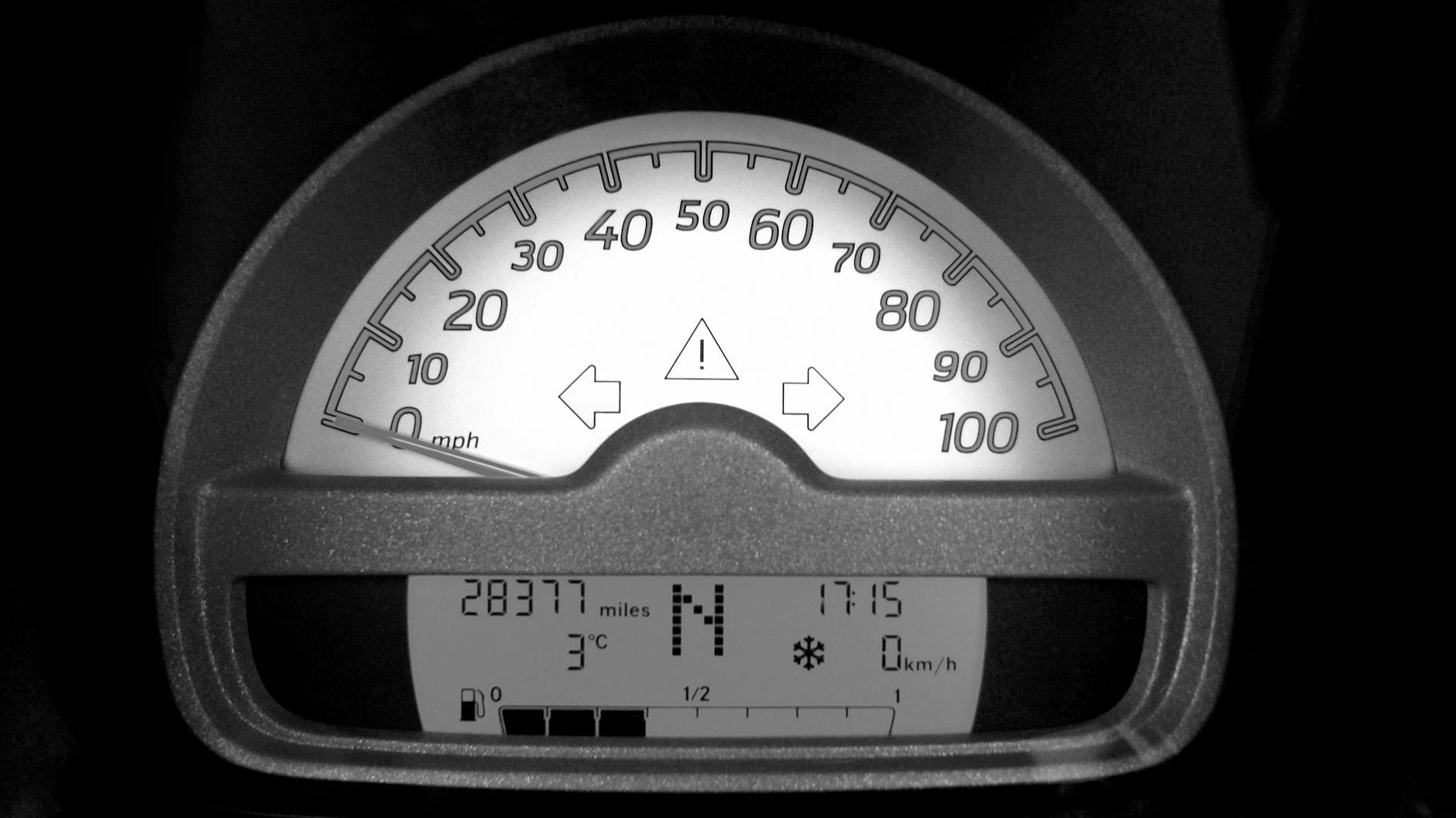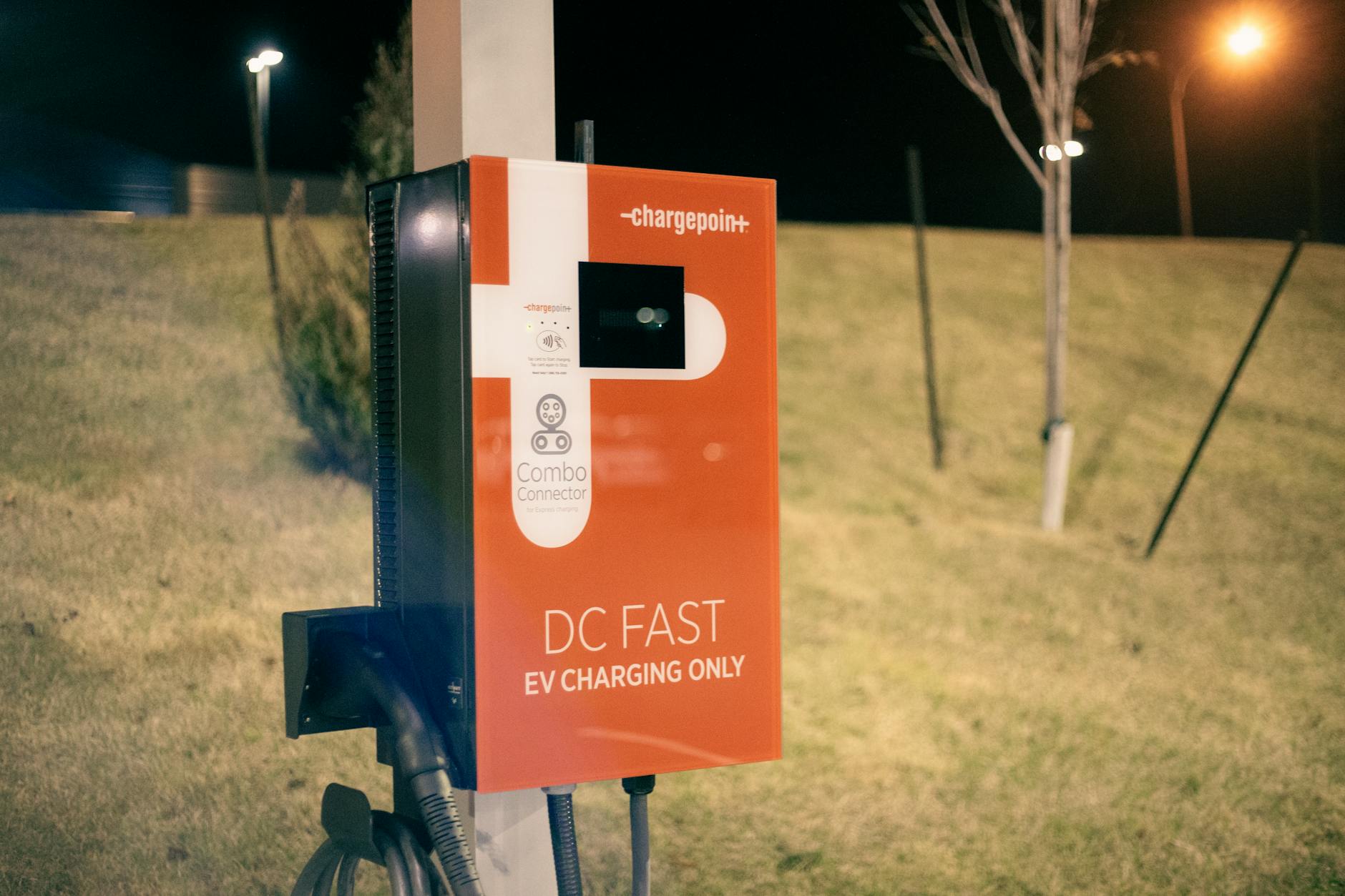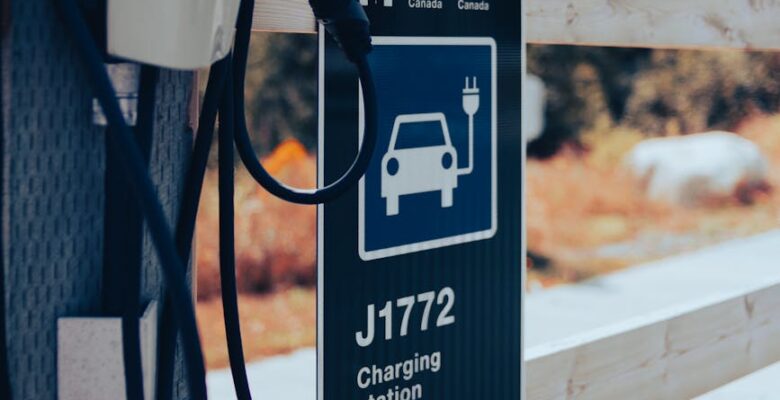Hydrogen automobiles are frequently debated for dominating the road by replacing electric vehicles. Most fans worry if hydrogen-powered cars will truly dominate the future or if battery electric vehicles (BEVs) will prevent hydrogen fuel cell electric vehicles (FCEVs) from winning the battle.
Most people who are interested in getting an electric vehicle are perplexed as to whether they should choose a hydrogen car or an electric car to avoid future regrets. To help you make an informed selection, we’ve compared hydrogen and electric cars based on a variety of factors such as efficiency, performance, driving range, environmental effect, and more.
Hydrogen Cars vs Electric Cars: An Overview
Hydrogen and electric vehicles are both environmentally favorable alternatives to standard gasoline and diesel engines. Hydrogen automobiles use fuel cells, which convert hydrogen gas into electric current, allowing the motor to run effectively. In contrast, electric vehicles use batteries that are charged by electrical grids.
Electric vehicles are more widely available and have a larger user base than hydrogen vehicles. However, hydrogen cars are gradually gaining popularity because they can be refueled quickly and provide enough energy to travel further. Let’s learn more about how hydrogen and electric vehicles work.

How do hydrogen cars work?
Hydrogen automobiles or hydrogen fuel electric cars use an electric motor powered by an electrochemical process that occurs when high-pressure hydrogen gas interacts with oxygen and is fed into hydrogen fuel cells to produce energy and water vapor.
Hydrogen automobiles are more complex than electric vehicles and can be compared to small hydrogen-fueled power plants. With hydrogen cars, you can go for approximately 400 miles before the gas tank runs out.
A hydrogen automobile has a hydrogen tank that holds highly compressed hydrogen gas. The hydrogen gas is then released so that it comes into contact with the fuel cell’s anode and cathode.
The electrochemical interaction between the anode and cathode converts hydrogen molecules into protons (water) and electrons (electricity), which power the car. The electricity generated is stored in a battery, which then feeds the current to the motor that spins the wheels. Furthermore, refueling the hydrogen tank at a designated filling station would take only a few minutes.
How do electric cars work?
Electric automobiles, often known as Electric Vehicles (EVs), run on electricity rather than gasoline, diesel, or petrol. Electric vehicles employ an electric motor powered by the electric current stored in a lithium-ion battery.
The electrical energy powers the electric motor and the full power system of the vehicle. The owner must charge a big battery pack placed within the EV by plugging the vehicle into a charging outlet or station.
The entire system is linked to the constructed battery, which powers the electric motor, generating instant torque and acceleration to propel the vehicle. The efficient system of an electric automobile also regulates the flow of energy between the battery and the motor.
Additionally, an EV has regenerative braking, which regenerates energy from the wheels when the driver applies the brakes and stores that energy in the battery. In recent years, the popularity of battery-powered electric vehicles has grown dramatically.
Pros and Cons of Hydrogen-Powered and Electric Vehicles
Although both electric and hydrogen cars are environmentally benign, it will be necessary to weigh the benefits and drawbacks before deciding which car to buy in 2023. Here are the advantages and disadvantages of hydrogen and electric-powered vehicles.
Pros of Hydrogen Cars:
Faster refueling: Because of the time-saving and immediate nature of the operation, refilling/refueling the hydrogen gas tank will only take a few minutes.
Distant range: Hydrogen cars are faster, and they have a longer range with only one tank of fuel.
Hydrogen cars emit just water vapor, making them zero-emission vehicles.

Cons of Hydrogen Vehicles:
Lack of Practicality: Hydrogen automobiles are not a practical choice due to a lack of refilling facilities or infrastructure.
Quite expensive: Hydrogen-powered cars are not inexpensive, and refueling costs vary greatly across countries.
Production challenges: Hydrogen production can be energy-intensive and reliant on a variety of nonrenewable sources.
Pros of Electric Vehicles:
Advanced Infrastructure: Electric vehicles have more advanced infrastructure and charging stations than hydrogen vehicles, in which governments throughout the world are investing.
Emission-free and cheaper: Electric vehicles run quietly and emit no pollution or fumes. Electric vehicles are also less expensive, and recharging the batteries is more convenient.
Lower maintenance: Battery-powered electric vehicles have fewer moving components, so they are more reliable and require less maintenance, resulting in lower costs.
Cons of Electric Vehicles:
Limited range: One of the most significant disadvantages of electric vehicles is the limited range relative to the time required to recharge the batteries.
Battery Lifespan: Batteries have a limited lifespan, making proper disposal challenging. It will be necessary to replace the old batteries with fresh ones on a regular basis.
Limited Charging Stations: The charging stations are currently in the development stage, with around 1000 charging stations.
Electric vs Hydrogen Cars: Comparing Different Parameters
Electric and hydrogen cars are regarded as the greatest solutions for producing zero emissions of pollutants. Battery electric vehicles (BEVs) use Li-Ion batteries, whereas hydrogen cars use hydrogen fuel cells.
Still, there are a few distinctions that can influence your decision to buy an electric or hydrogen vehicle. Let’s look at the comparison parameters so you can make an informed conclusion.
The driving range of electric or battery-powered vehicles varies according to the model purchased. The more expensive your electric vehicle, the greater its range. However, hydrogen automobiles have a longer driving range and require less time to refuel. The driving range for EVs spans from 150 to 375 miles, whereas hydrogen cars range from 400 to 600 miles, depending on tank size.
Efficiency
Hydrogen-powered vehicles are clearly at a disadvantage here due to the sophisticated processes required to transform hydrogen gas into electricity to power the vehicle.
FCEVs convert energy from chemical to electrical, making them less efficient than hydrogen vehicles. In comparison, BEVs, or electric vehicles, are extremely energy efficient, using approximately 80% of total energy to power the vehicle. When it comes to efficiency, battery-powered electric vehicles win hands out.
Environmental Impact
A hydrogen automobile is a viable choice because hydrogen fuel cells are completely renewable and environmentally benign. While driving, the hydrogen automobile emits clean water vapor and removes ultrafine dust from the atmosphere, making it environmentally friendly.
However, the consumption of lithium and cobalt-like minerals causes environmental damage. Although electric vehicles do not release fumes or pollute the air, the manufacturing and disposal of EV batteries can result in pollution and resource depletion. FCEVs have the advantage here because recycling hydrogen fuel cells is simple and inexpensive.

Power/Refueling Station Availability
Hydrogen vehicles need the necessary infrastructure, including refueling stations. Hydrogen automobiles are more expensive than electric vehicles, with over 1000 refueling stations worldwide by 2023.
Electric automobiles are more affordable, and there are hundreds of charging stations worldwide. The abundance of electric car charging facilities makes them the preferred option for most enthusiasts.
Power/Refueling Time
Pumping high-pressure hydrogen gas into a hydrogen-powered vehicle’s tank will take only 5 to 10 minutes. In comparison, it takes 4 to 8 hours for an electric vehicle to fully charge. As a result, hydrogen vehicles win the game in terms of refilling time.
Performance
In terms of performance, hydrogen vehicles outperform internal combustion engines by two to three times. On the contrary, EVs provide good performance, but most owners believe that the performance is not worth the time required to fully charge the batteries.
Safety
Hydrogen automobiles use hydrogen gas to move their wheels, which is very combustible by nature. However, innovative designs and safety features can make driving hydrogen vehicles less dangerous.
Lithium-ion batteries are used in electric vehicles, which raises safety issues and presents unique obstacles. If exposed to fire, lithium batteries may detect the flames. Although there are some risks to driving an EV, it is safer than driving a hydrogen-powered vehicle.
Emissions
When it comes to emissions, neither hydrogen nor electric vehicles create carbon emissions directly from their exhausts. However, a significant amount of carbon dioxide (CO2) is emitted during the manufacturing process of both electric and hydrogen cars.
Cost of Ownership
Electric vehicles are slightly more expensive. However, this varies depending on the manufacturer and EV model you choose. The price of an electric automobile can range from $45,000 to $80,000 or more, depending on the vehicle’s amenities, performance, and size.
In comparison, hydrogen automobiles are significantly more expensive than electric vehicles. You can investigate hydrogen vehicles such as the Hyundai Nexo SUV, which costs more than $60,000, and the Toyota Mirai, which costs roughly $50,000.
Hydrogen vs. Electric Cars: Which is More Sustainable?
As you are aware, the first step will be to manufacture hydrogen gas, which will be used to power hydrogen vehicles. The majority of the hydrogen utilized in hydrogen cars is produced through the process of methane formation.
Thismeans that hydrogen automobiles utilize energy twice: first, to generate hydrogen gas and then to fuel the vehicle with high-pressure hydrogen gas. Battery-powered electric vehicles (BEVs), on the other hand, charge their batteries and drive the car using electricity straight from the grid. When deciding between hydrogen and electric vehicles, the latter is the more efficient, cost-effective, and sustainable alternative.

Will Hydrogen Cars Replace Electric Vehicles?
As we can see from the above comparison of hydrogen vs electric cars, hydrogen-powered vehicles have numerous drawbacks, including limited infrastructure, high cost, and safety risks.
While electric vehicles are safer, less expensive, and have more charging/fueling stations available, they provide greater convenience to users or owners. Green hydrogen fuel cells may gain traction in the near future for commercial and industrial applications. Still, hydrogen cars stand no chance of replacing electric vehicles in the near future.
Are hydrogen cars superior to electric vehicles?
Yes, hydrogen cars outperform electric automobiles in terms of zero harmful emissions, easy recharging, and increased driving range. However, hydrogen cars are expensive and inefficient, with limited infrastructure; thus, electric vehicles are a more practical, reliable, and superior choice to consider.
To Conclude
Hopefully, the above information we provided will help you decide whether to buy an EV or invest your money in fuel-cell vehicles. Electric cars, in my opinion, are the ideal solution for enthusiasts seeking a cleaner, more cost-effective, energy-efficient, environmentally friendly, and low-emission alternative to gasoline-powered vehicles.
Of course, the decision will be based on your requirements, tastes, and values. However, based on the aforementioned characteristics, you may make an informed decision between electric and hydrogen cars.
